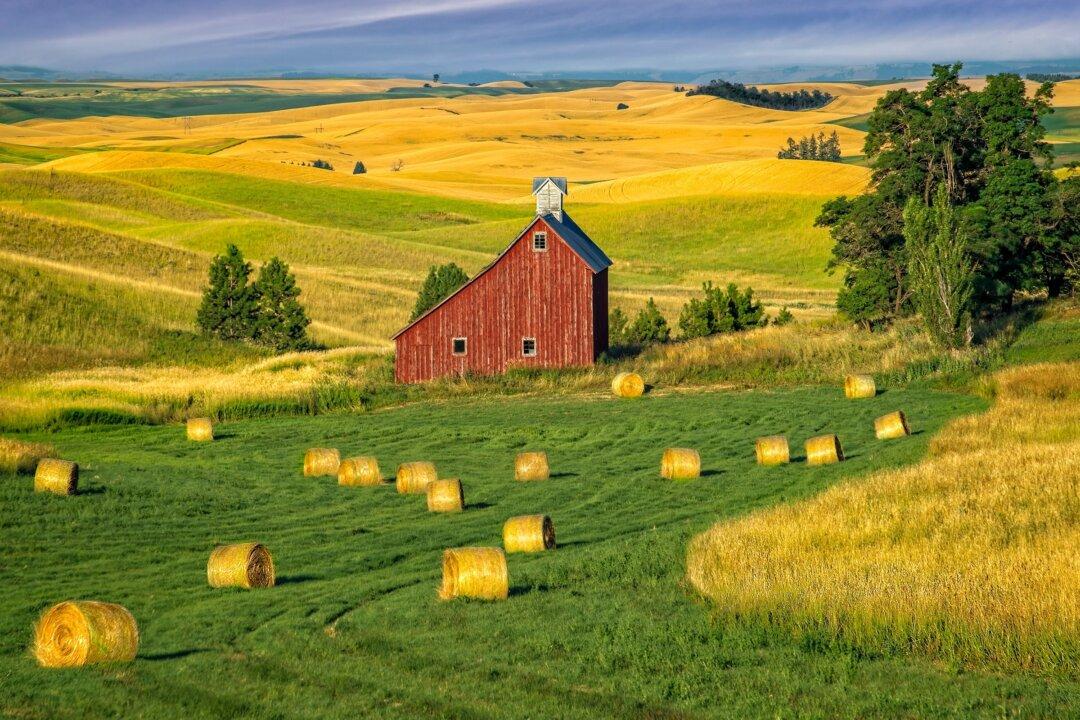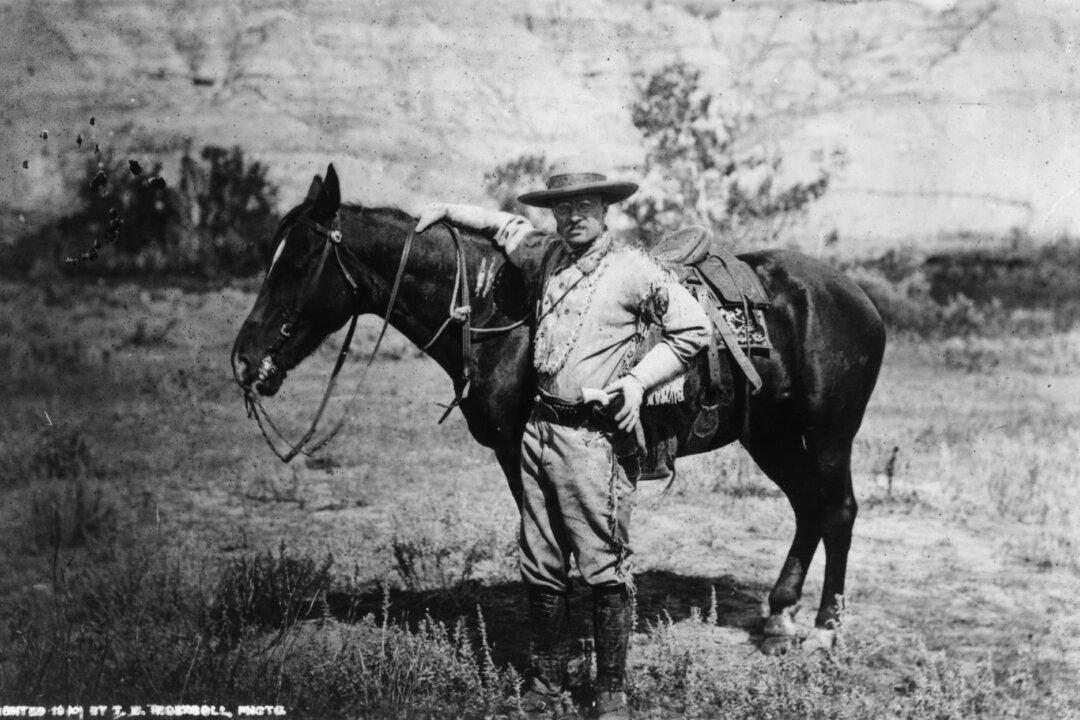Where does the proverb, “Make hay while the sun shines” come from? And is it just about self-indulgence?
The context of “Make hay while the sun shines” is, naturally, an agricultural one. While it makes sense that sunshine is important for farming, there is more to this saying.





